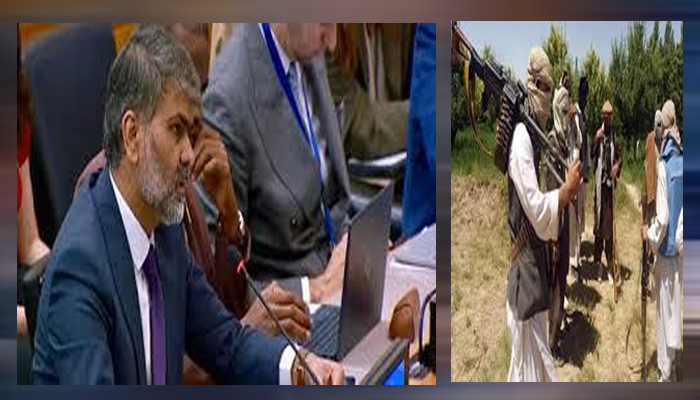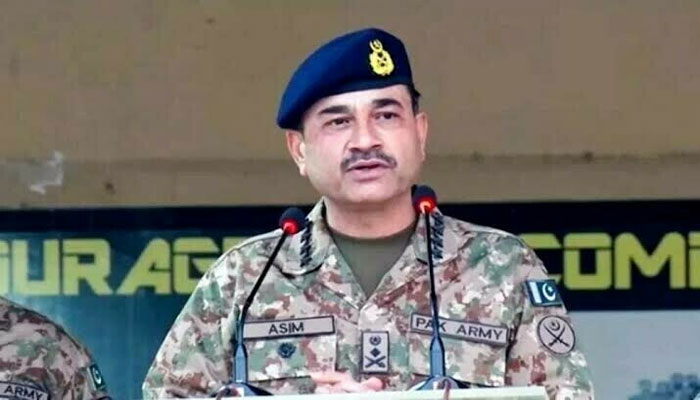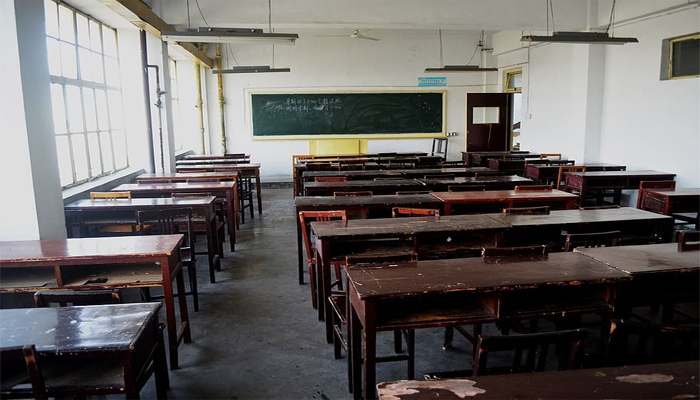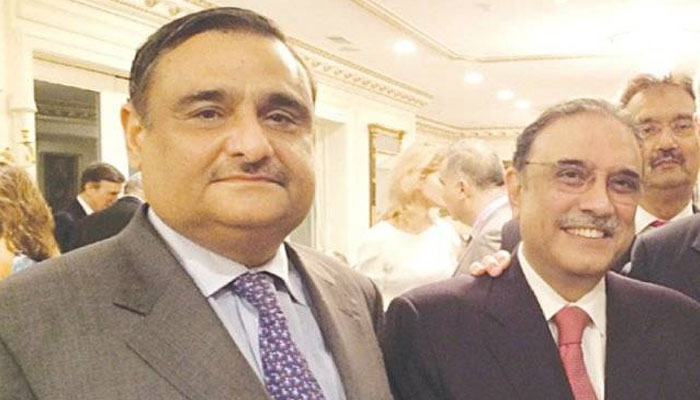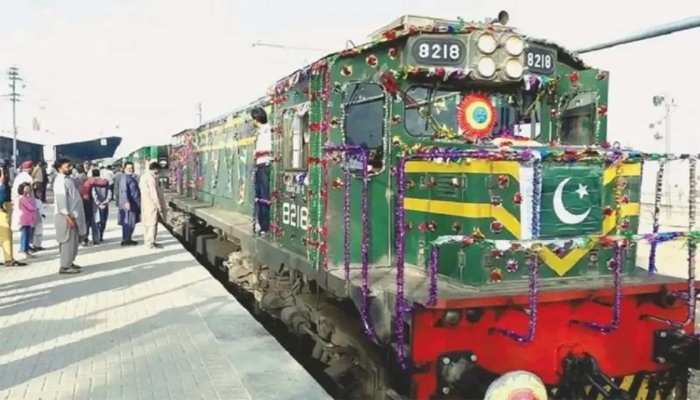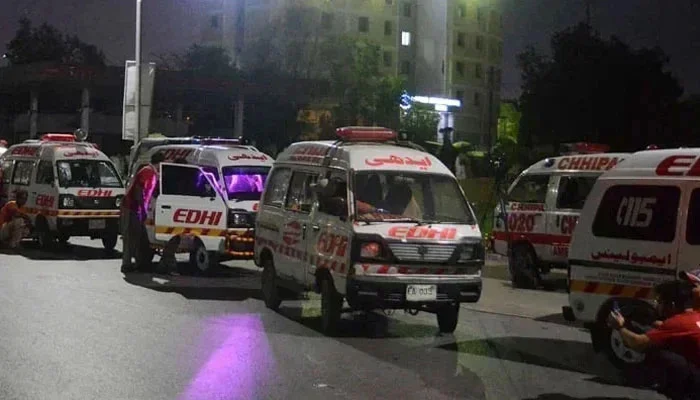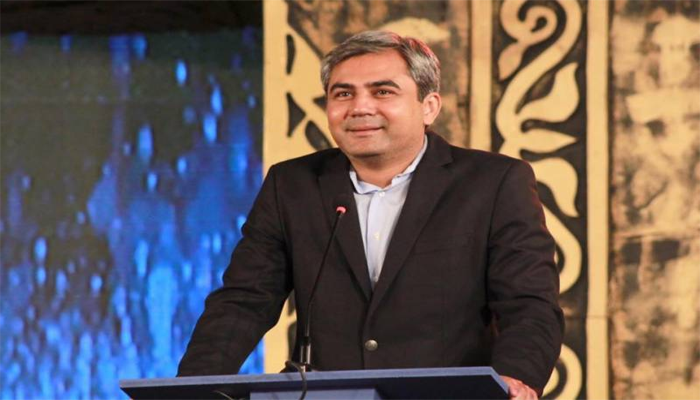United Nations– Pakistan raised significant concerns regarding the increasing use of modern and sophisticated illicit arms by terrorist groups, including Tehreek-e-Taliban Pakistan (TTP), the so-called Baloch Liberation Army (BLA), and the Majeed Brigade.
In a strong statement at the United Nations, a Pakistani diplomat called for urgent, coordinated global efforts to intercept the clandestine flow of arms that fuel violence and instability across borders.
Syed Atif Raza, a counselor at Pakistan’s Mission to the United Nations, addressed an Arria-Formula meeting of the UN Security Council, organized by Sierra Leone, to discuss the troubling issue of "Small Arms and Light Weapons Management in UN Sanctions Regimes." The Arria-Formula format, named after former Venezuelan Ambassador Diego Arria, provides a platform for informal discussions among Security Council members, often involving input from external experts and diplomats.
During the meeting, Raza highlighted the significant threat posed by terrorist groups in possession of billions of dollars' worth of illicit weapons, much of which has been abandoned in Afghanistan. These weapons, he explained, are now being used by organizations like the TTP, BLA, and the Majeed Brigade to carry out violent attacks against Pakistani civilians and armed forces. The groups have established safe havens in Afghanistan, from which they launch deadly cross-border operations into Pakistan.
“Many of these terrorist entities are armed with modern weaponry, which has been funneled into their hands through illicit channels,” Raza told the gathering. “Terrorist armed groups, including TTP and BLA, are using these weapons to destabilize Pakistan. Their operations are not only a threat to Pakistan's security but also to regional peace.”
Pakistan has repeatedly emphasized the importance of international cooperation to address the issue of illicit arms trafficking, especially given the increasing sophistication of the weapons being used by non-state actors. Raza called for collective action to prevent the transfer of these dangerous weapons, which often reach armed terrorist groups through clandestine networks.
He further stressed that many of these groups also receive external support, including financial backing, from adversaries. Although Raza did not name specific countries, his comments pointed to India as the primary source of this support.
“We urge our international partners to take immediate steps to recover the vast stockpiles of abandoned weapons in Afghanistan, curb their flow into the hands of terrorist groups, and shut down the illicit arms markets that fuel these conflicts,” Raza added.
The diplomat also emphasized the broader implications of illicit arms trafficking, stating that the misuse and uncontrolled flow of small arms and light weapons exacerbate conflicts, hinder socio-economic development, and undermine peace and stability in affected regions. He noted that these weapons have become the preferred tools of both state and non-state actors, intensifying violence and prolonging crises.
“The challenge is not just the weapons themselves but the increasing sophistication with which they are being deployed by illegal armed groups,” Raza warned. “Many of these groups do not have the means to manufacture advanced weapons on their own, leading us to question the role of certain state actors in facilitating these illicit activities.”
The Pakistani diplomat’s remarks underscore the ongoing threat posed by the proliferation of modern weapons in the region, urging the international community to take stronger, more decisive action to dismantle the networks that supply these arms to terrorist groups. The call for cooperation and accountability comes at a time when the world is grappling with the growing risks posed by uncontrolled weaponry and the increasing reach of terrorist organizations.
As Pakistan continues to deal with the devastating consequences of cross-border terrorism, the global community faces a crucial opportunity to address the root causes of instability and secure a safer, more peaceful future for all.

